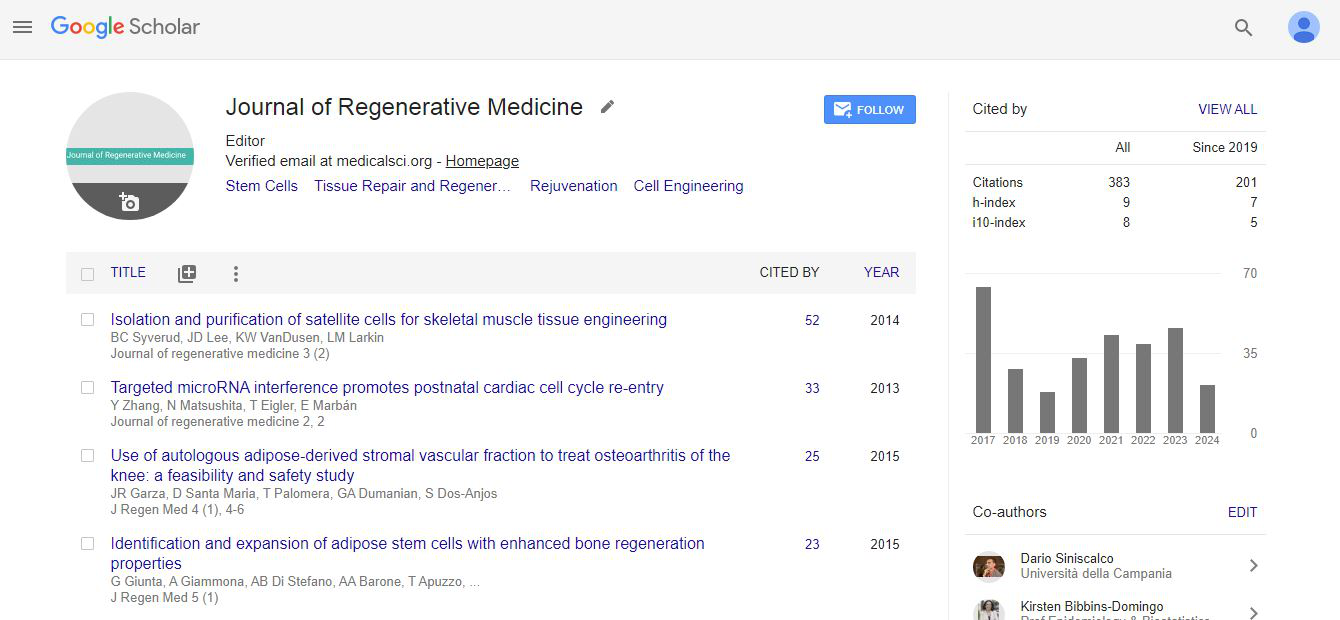Evidence and practical wound care: An all-inclusive approach
Ron Legerstee
Erasmus University Medical Center, Netherlands
: J Regen Med
Abstract
Aim: Health Care Professionals and patients should be fully informed on the best way care can be provided for the individual patient’s situation. Meta-analyses of randomized controlled trials exclude other forms of evidence, putting patients and carers in hazardous situations. Method: Reviewing the literature on wound dressings and evidence based medicine, ample arguments are found to put forth a critique to the suggestion of a hierarchy in the “pyramid of clinical evidence”. The authors have not found the source, nor justification or validation for this hierarchy. Doubt on a hierarchy was cast as early as in 1989, years before the term EBM was first coined. Results/Discussion: Replacing this pyramid by a circular model, incorporating ALL types of evidence at equal value, the health care professional can appraise the evidence to reach best practice. Modifying an earlier published set of (pre-clinical) evidence types, the authors propose to expand these with PROM’s and COHORT. The meta-analysis and consensus statement are types of analysis rather than a form of clinical study. They should not be part of the circle (input), but follow (output) on what evidence was found in the circle. Conclusion: To assist the consideration of as much as possible from the “real life experience” of a patient, the authors put forth an all-inclusive approach to visualise how health care professionals can deal with all available evidence.
Biography
Ron Legerstee is a Scientific lecturer Erasmus Medical Center Rotterdam, Netherlands. He has done his research at Evidence and practical wound care – An all-inclusive approach. He has done his research based on wound healing & tissue repair.
 Spanish
Spanish  Chinese
Chinese  Russian
Russian  German
German  French
French  Japanese
Japanese  Portuguese
Portuguese  Hindi
Hindi 